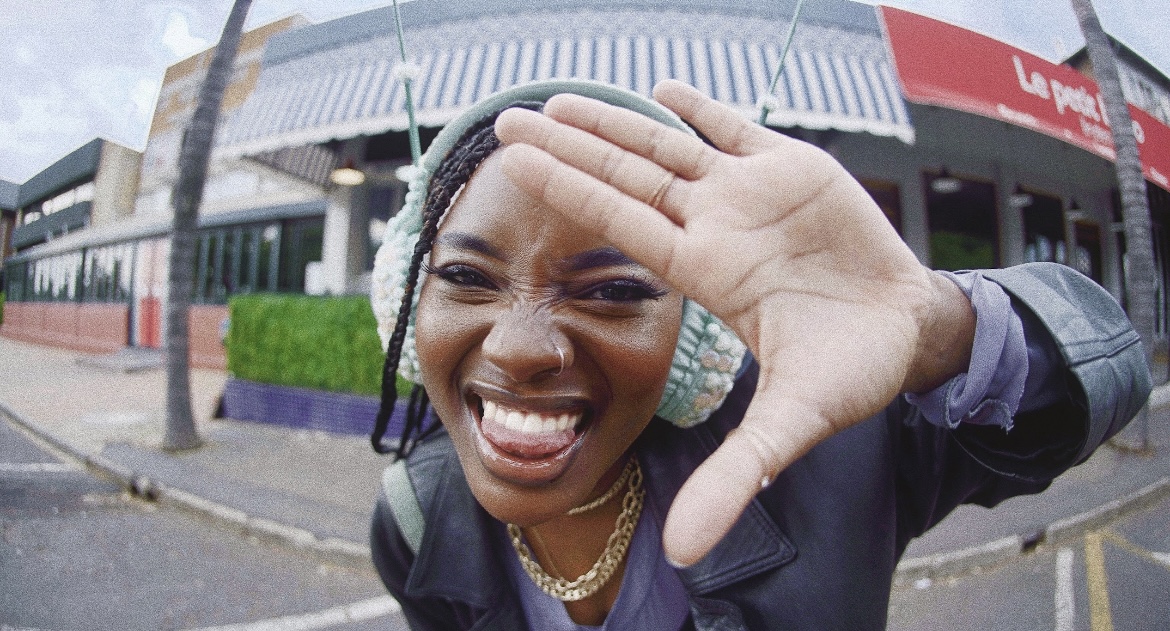
Get to Know Filah Lah Lah: Music as a Lifeline and a Legacy
In the tender embrace of childhood, where the cacophony of life’s uncertainties seems daunting, there exist various sanctuaries and refuges from the stormy seas of existence. And for some, music has become that safe place.
Music, with its ethereal melodies and comforting rhythms, becomes not just a pastime but a lifeline, weaving itself intricately into the very fabric of one’s being and offering solace, understanding, and a sense of belonging.
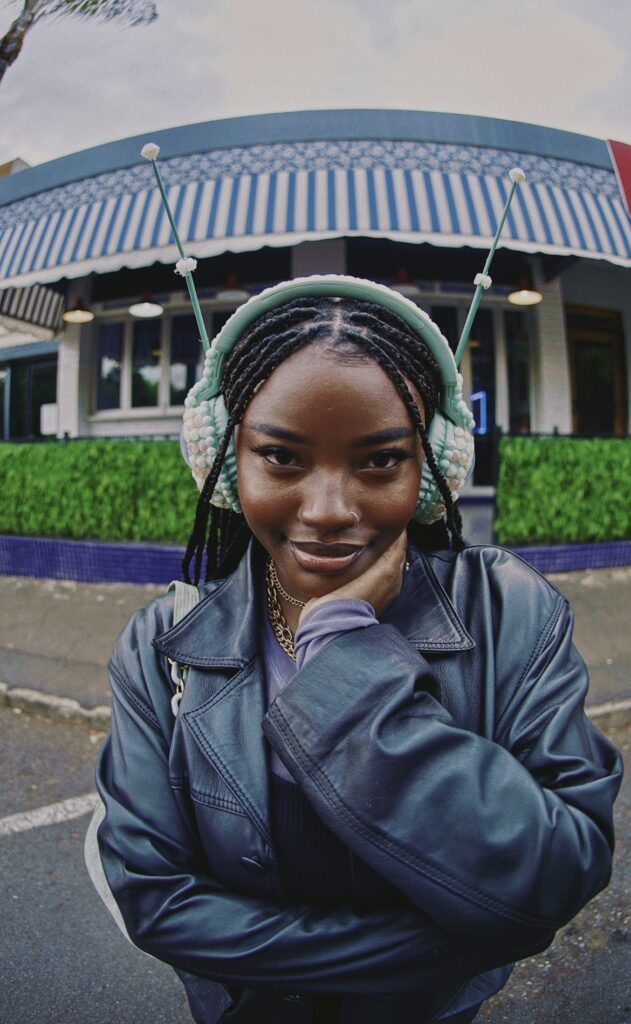
And when artists like Filah Lah Lah emerge, music is not just a career for them but an expression of the deep relationship music has had with her.
You see, all that Filah Lah Lah has known since a very tender age is music. From observing her mother and father connect through music, dancing to Marvin Gaye, or dancing to Michael Jackson, her fondest memories of music were observing those she loved embrace music.
“It was the human reaction that I was seeing in my family that caught my eye and informed my interest in this art form, and I wanted to make people feel the way my parents felt and I felt while observing them.
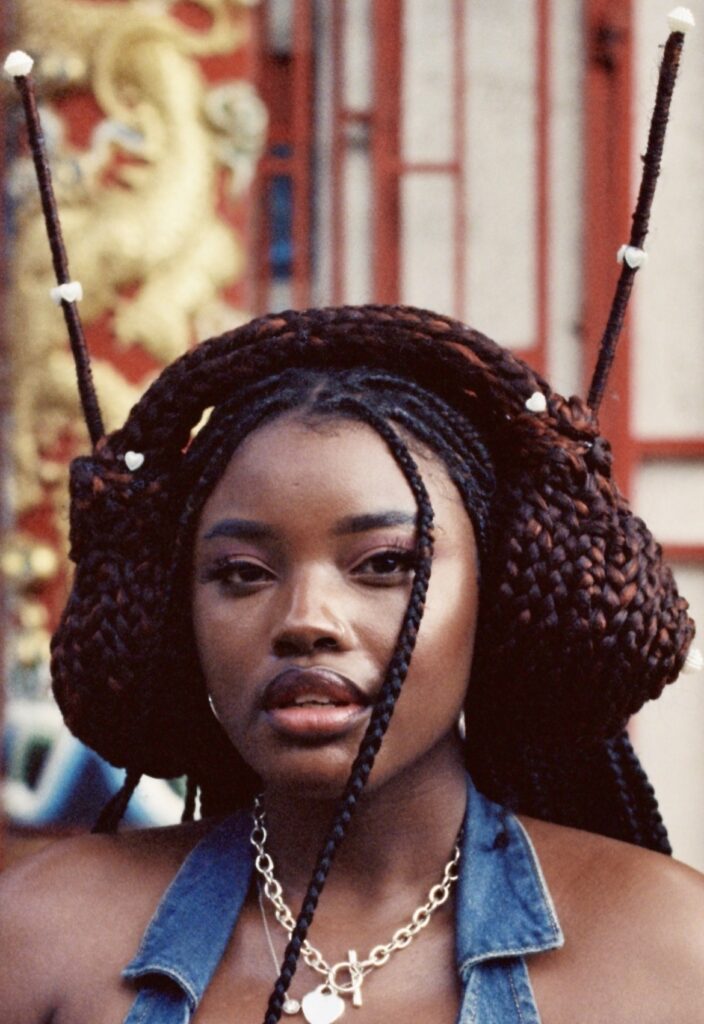
“But also, music has always carried me through and saved my life a couple of times. Growing up, I was a pretty lonely kid, and I recall watching these really big artists talk about how they were loners, and that made me feel like I belonged even in my loneliness.
“From then onwards, music represented healing, bringing people together,” she said.
Born Reabetswe Fila Ranamane, the Metro FM Awards-nominated star shares that she was named after her grandmother, whose nickname was Lah Lah. Her stage name, therefore, is an ode to her namesake and a celebration of that part of her.

“I think I was a loner because I was always being thrust into spaces where I was ‘othered’. For instance, when we lived in the States (USA), even though we were a black family, we were an African black family—a ‘fresh out of apartheid’ African family. So we didn’t gravitate towards black American culture as quickly as most people would expect. And then living in Indonesia shortly after was the same issue.
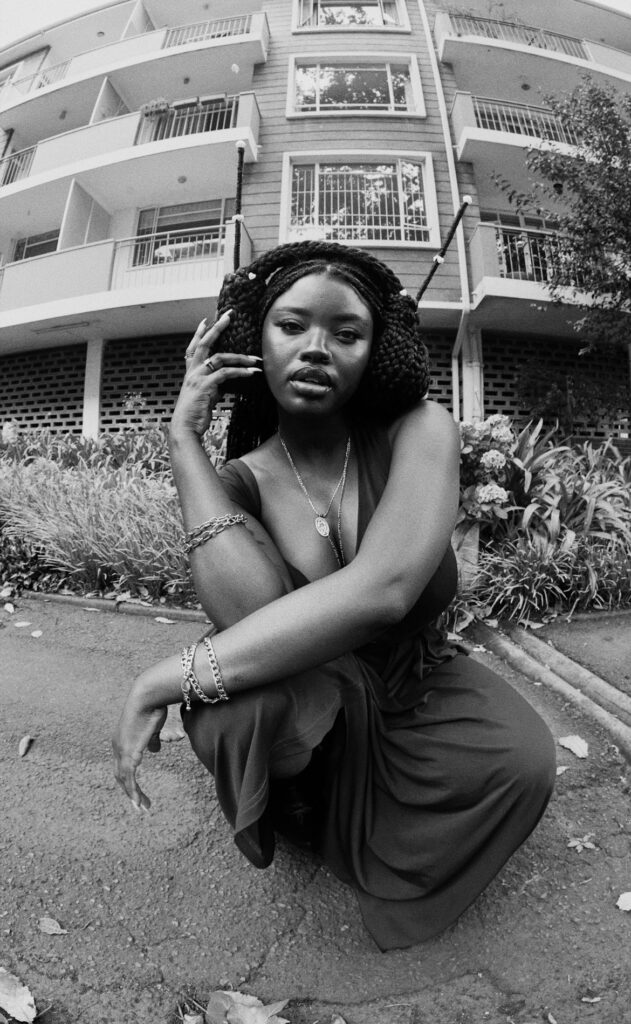
“And then coming back here in South Africa and being a product of those experiences—I am seen as someone with a weird accent or just the other. So I’ve always been thrust into those spaces where I have to go inward to know and be comfortable with myself because I feel so alone,” she shared.
And although, in hindsight, she has grown to know and love herself better, as a child, wrapping your head around why you’d have little friends or why you didn’t fit in was a painful experience.
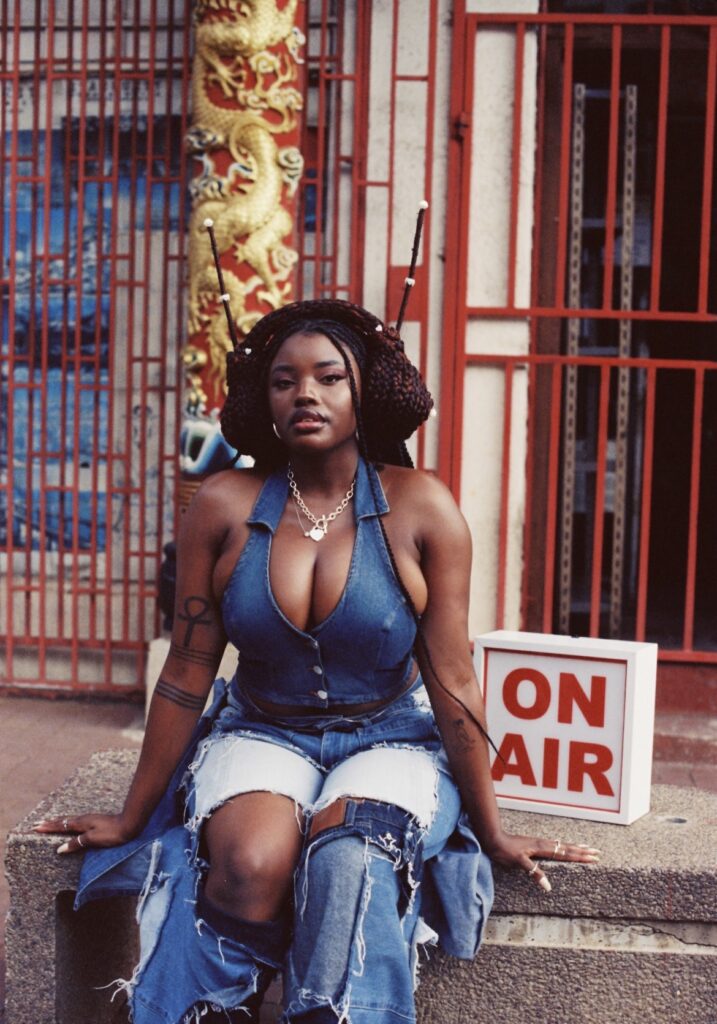
Sitting in her room and writing music and making paper dolls became her pastime activities. Watching young artists live out boldly in their confidence, people like Raven-Symoné and your Beyonce’s enticed her to want to be.
“Watching Cheetah Girls at that time, I thought it was normal that all little girls were writing songs and trying to make melodies for the songs. I just thought it was normal.”
She wrote songs from a very personal perspective, which was closely related to her personal diary entries. The writing and the music grew on her, leading her to record her debut song, Portrait.

She has released two EPs thus far and her debut long-form album ‘On Air’ that dropped recently.
“The album is an ode to the media and how it influenced me to want to be an artist, but also a play on words and a joke between the team that even though none of these songs get played on radio, they will be on air,” she said jokingly.
“The album is about being present in the moment, my affirming project for myself and my career, and it is just a beautiful R&B project,” she said.
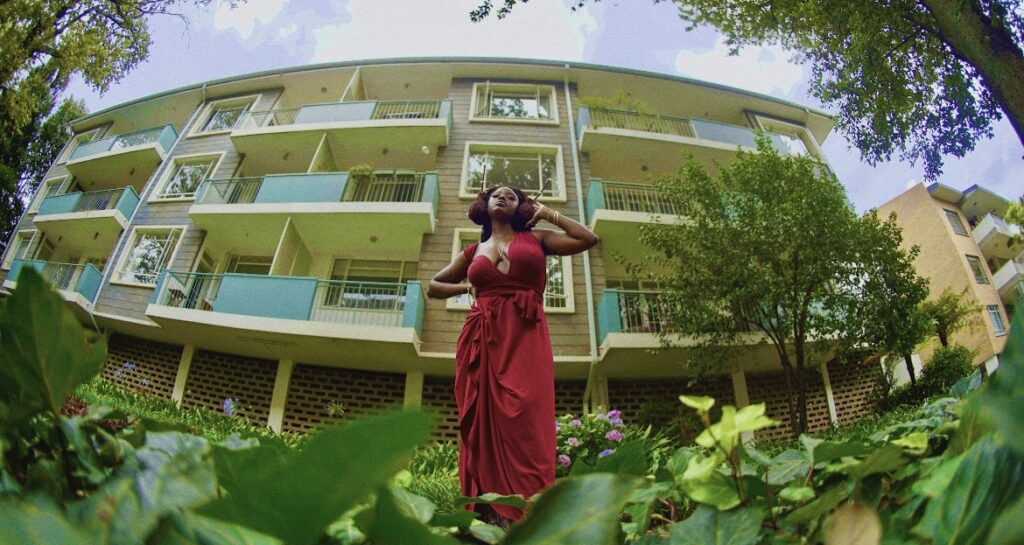
Her music, therefore, is meaningful songs of healing, and she hopes to influence healing experiences and present experiences in people.
“All my experiences have helped me see and understand that the world has many flavors and people have many different ways of doing things. Culture, religion, and what we all consider art—it’s so vast that it is so unfair to box oneself into one thing. It also freed me from society’s status quo and showed me that I can be and do anything that will resonate with someone somewhere,” she said.
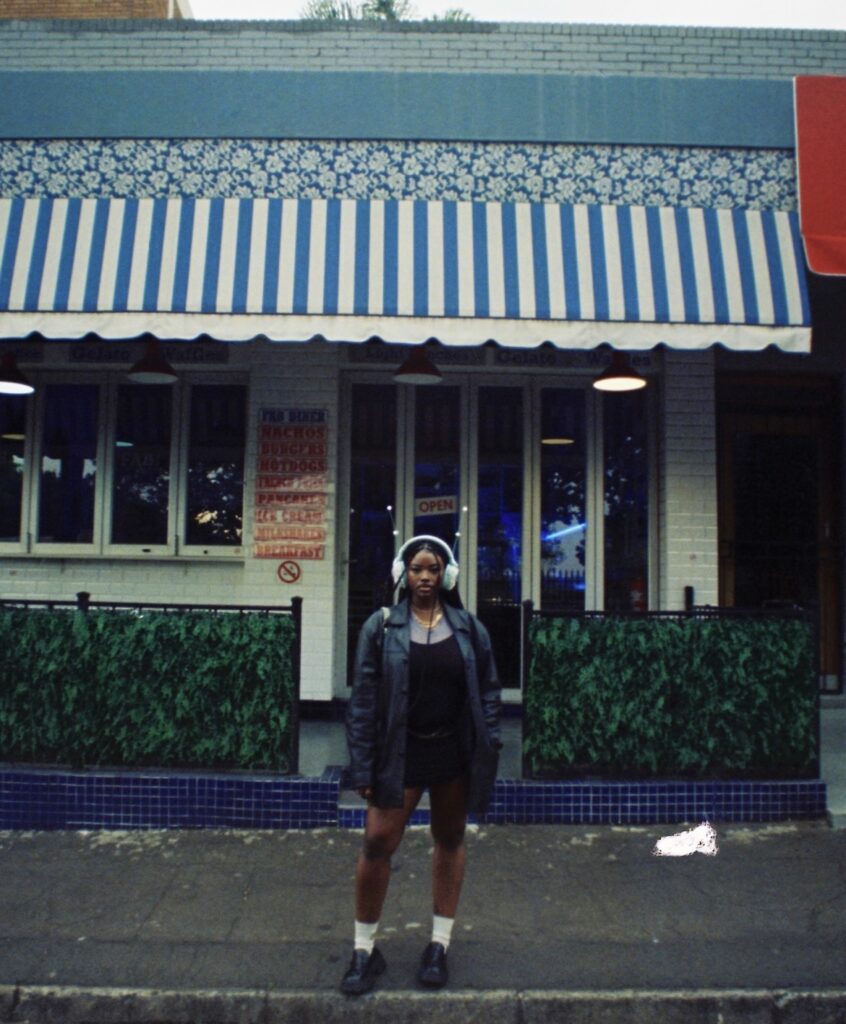
“I don’t think there is an end goal to this thing, but I am more concerned about my growth as an artist. My growth—that’s my success. If I can be 10%, 20%, or 30% better than the last project, the last high note, the last nomination, or the last the last award, That, for me, is enough. I have stages that I want to be on, obviously, like Coachella, but I always want to focus on my personal evolution.


